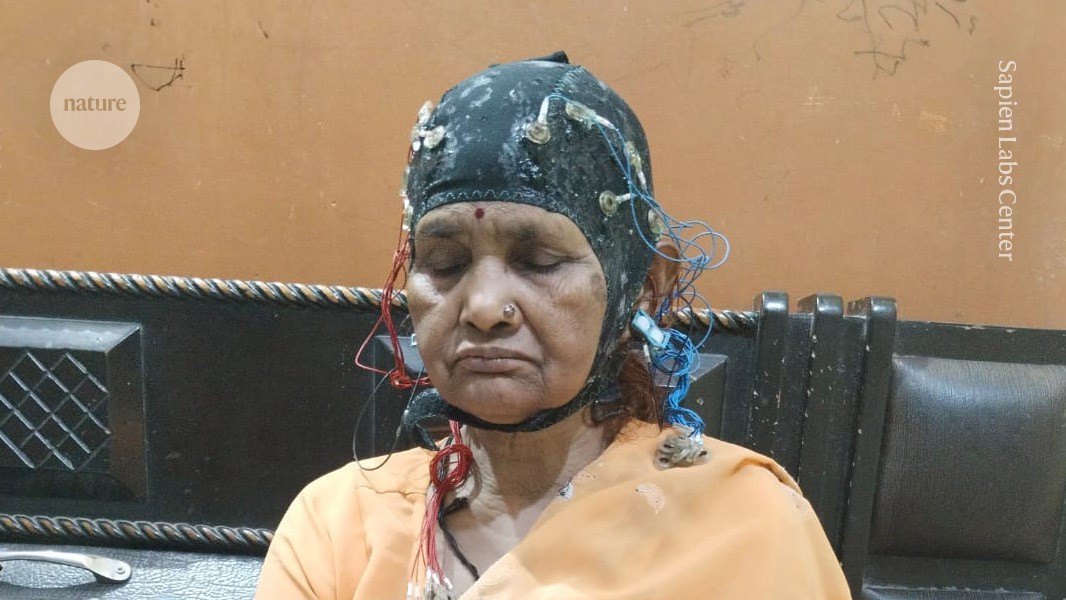
"The approach could help to expand neuroscience studies in low- and middle-income countries, regions long under-represented in human brain research."
"Over 30 weeks, trainees collected data from various people, including urban office workers and Hadzabe hunter-gatherers, providing insights into diverse lifestyles."
"EEG recordings offer the opportunity to explore diverse populations effectively, as the technique is portable, cost-efficient, and time-efficient."
"The study describes recordings from 3,413 people in India and 2,418 people in Tanzania, aiming to link environmental impact with brain physiology."
A team composed of 24 inexperienced individuals from India and Tanzania collected brain-activity recordings from nearly 8,000 people in schools, offices, and open-air spaces. This initiative created the largest data sets of brain research in Africa and Asia. Researchers trained non-specialists to use portable EEG headsets, enabling studies across diverse populations with varying lifestyles and socio-economic backgrounds. The study recorded data from 3,413 participants in India and 2,418 in Tanzania, exploring the relation between environmental factors and brain physiology in under-represented regions of the world.
Read at Nature
Unable to calculate read time
Collection
[
|
...
]